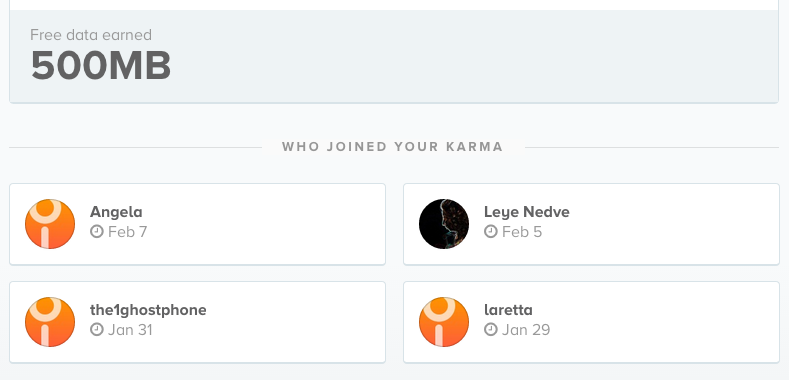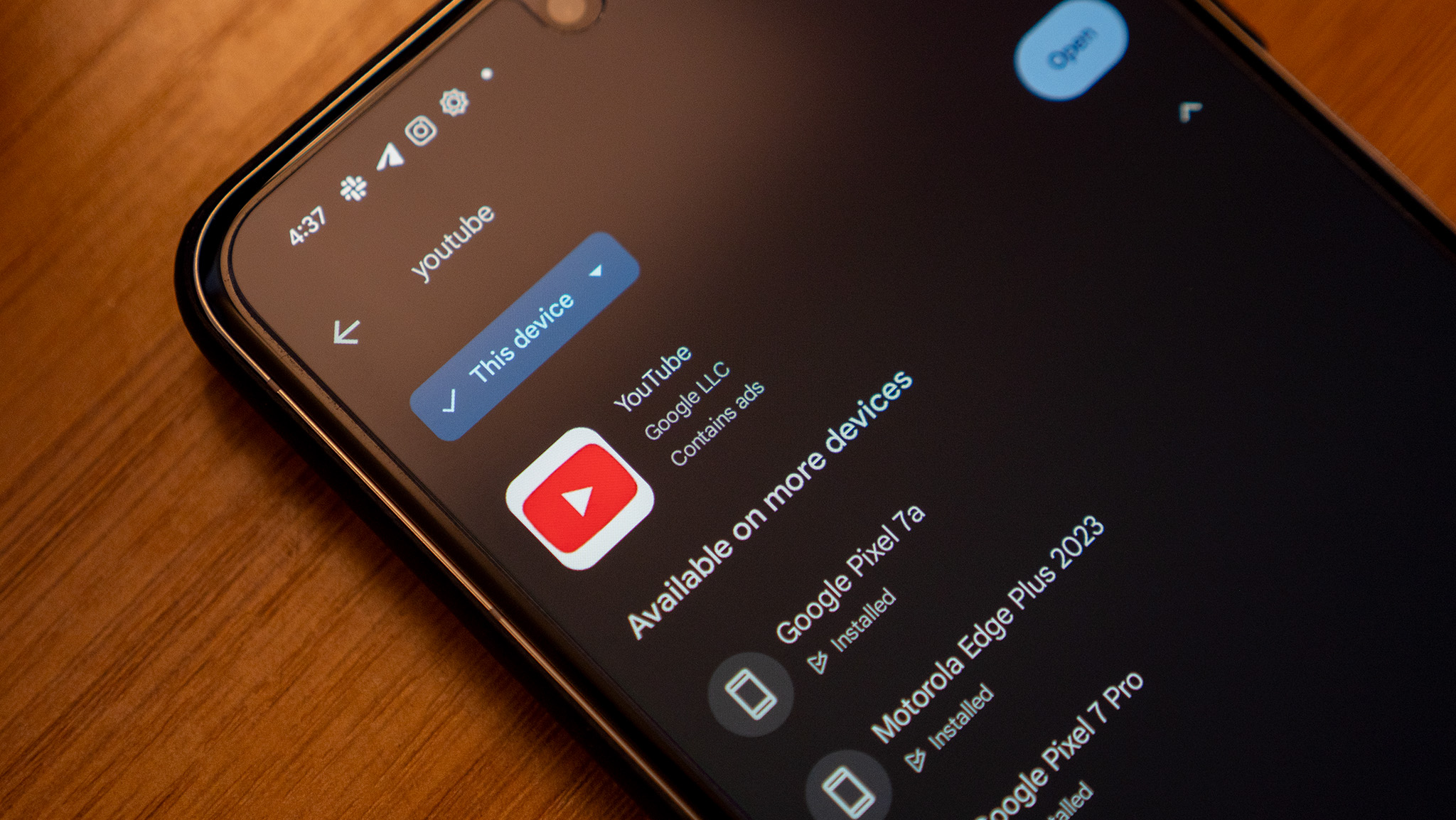Karma Wifi Hotspot review: Feel good about sharing your connection
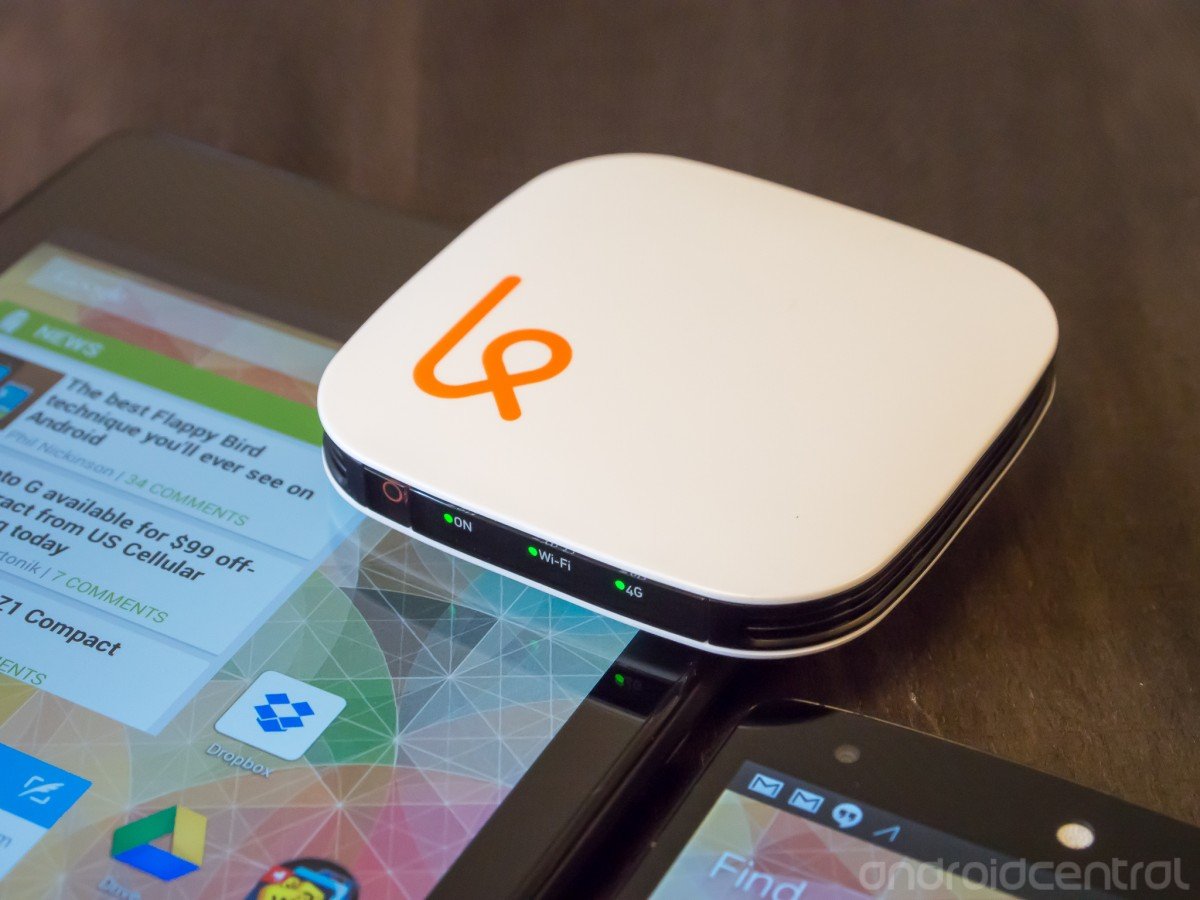
Get the latest news from Android Central, your trusted companion in the world of Android
You are now subscribed
Your newsletter sign-up was successful
High per-gigabyte pricing and weak coverage hurt an otherwise interesting model for mobile data.
Whether it's to get our Wifi-only tablets online, save battery on our phones or simply diversify to have connections from multiple carriers, many turn to a mobile hotspot for their data needs. Most hotspots follow a very similar billing model as a phone — pay every month for a certain amount of data, and at the start of the next month you have the same amount of data refreshed.
The Karma Wifi Hotspot is different, and for a specific set of people it may just be a great go-to device if you just need some extra data here and there. At the simplest level, Karma is a pay-as-you-go mobile hotspot. You purchase the device itself for $99 and refill data onto it at the rate of $14 per 1GB (or less if you buy in bulk). The data doesn't expire at the end of the month, though, it actually never expires.
But that isn't Karma's only trick. Your hotspot is open for any other Karma user to take advantage of — and if someone else logs into your hotspot, you'll both be rewarded with free data that gets added right onto your data balance. Read along and learn how Karma is hoping to be your next choice for pay-as-you-go data.
Give up a little control and be rewarded
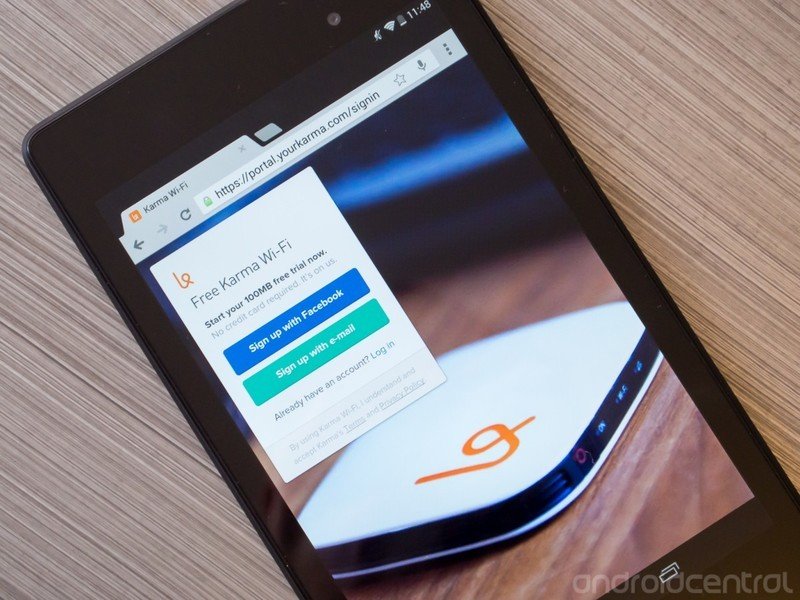
Here's how the system works. Whenever your Karma hotspot is turned on, it's open for anyone to access. When someone connects and opens up their browser, they'll be prompted to sign up for Karma. If they're a member already (or its just you on a new device), they just sign in and start using their own data bucket. Regardless of which Karma hotspot you're actually connected to, you only use your data, not the other person's. The data usage is tied to your account, not your device. Smart.
So what's the benefit to having an open hotspot? When someone joins your device, you and the person connecting both receive 100MB of free data. Yup, completely free. In my couple weeks of carrying a Karma hotspot around in downtown Seattle, I had eight people sign up and use my connection — that's 800MB of free data I get to use that I didn't pay for. Presumably the system works even better if Karma gets extremely popular, but considering that I didn't expect a single person to log into my hotspot, I was pleasantly surprised.
You'll get solid coverage in 80 cities across the U.S., and no coverage in the other 19,000.
You may notice I've been remiss in not mentioning what network Karma is running on. It's a painful point to make, but Karma takes advantage (or is it disadvantage?) of the Clearwire WiMax network for its only source of data, there's no Sprint 3G fallback. Clearwire hasn't really expanded much since it was Sprint's first bet on 4G, and at this point it covers just over 80 (albeit some of the biggest) cities across the U.S. There's no sugar coating it, you'll get service in the biggest cities in the country and that's it — be sure to check out the coverage map.
Get the latest news from Android Central, your trusted companion in the world of Android
Being in one of the best areas in the nation for WiMax coverage, Seattle, I actually didn't have many issues with the connection aside from a few random network drops. Karma says you can expect 3 to 6mbps down and 1.5mbps up, and that's about what I experienced. This certainly isn't an LTE network, but it does work pretty darn well if your expectations are in check and you're in the right city.
Does Karma actually make sense for you?
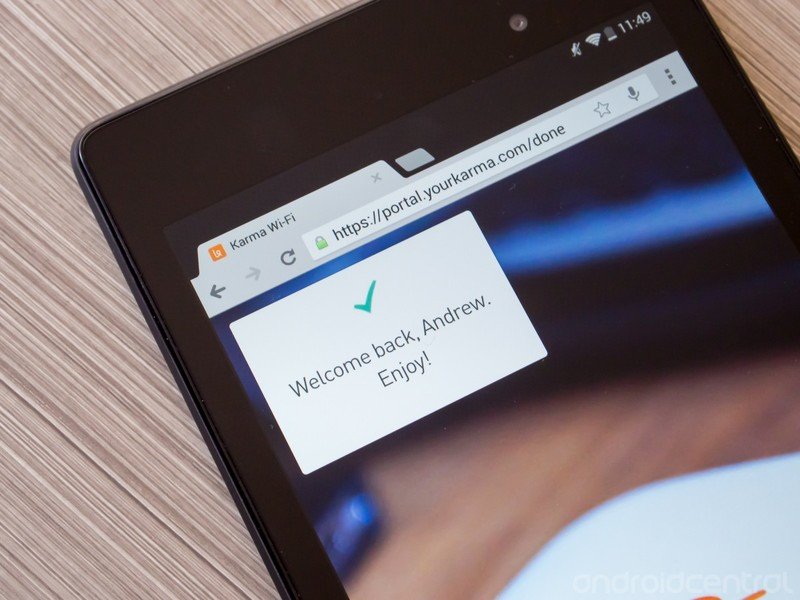
Karma is a pretty interesting system with this wrinkle of sharing to receive "good karma" that actually makes it a compelling choice for very light data users. Unfortunately, even with all this free data floating about, Karma probably isn't a very good value for most people.
The cost-per-gigabyte is average, but the data doesn't refresh every month.
At $14 per gigabyte, it's about average when compared to other prepaid hotspot data plans. Sure, the data doesn't expire, but that actually makes Karma feel more expensive as you're worried about every megabyte you use. If I pay a carrier like Straight Talk $40 I get 4GB of data (or $25 for 2GB) for a month — and if I pay again the next month I get another 4GB. Other carriers offer pay-as-you-go data at the tune of about $10 per gigabyte, and it renews every single month if you need more. Further, those carriers are giving you LTE speeds and a nationwide network — not 3G-like speeds in 80 cities.
Karma does let you buy data in buckets of 5GB for $59 ($11.80/GB), 10GB for $99 ($9.90/GB) and even 20GB for $180 ($9/GB) — though it seems the 20GB option is only available at your first purchase. If you only refill with the most cost-effective 10GB buckets, that works out to 1.67GB per month for a year at $16.67 per month, with data that rolls over from one month to the next if you don't use it.
Update: Since this review was written, Karma has added a new "Auto-Refill" option for its data. When activated, your hotspot will automatically top up a new bucket of data whenever your balance dips below 200MB. You can set up Auto-Refill to add 1, 5 or 10GB each time your balance gets low.
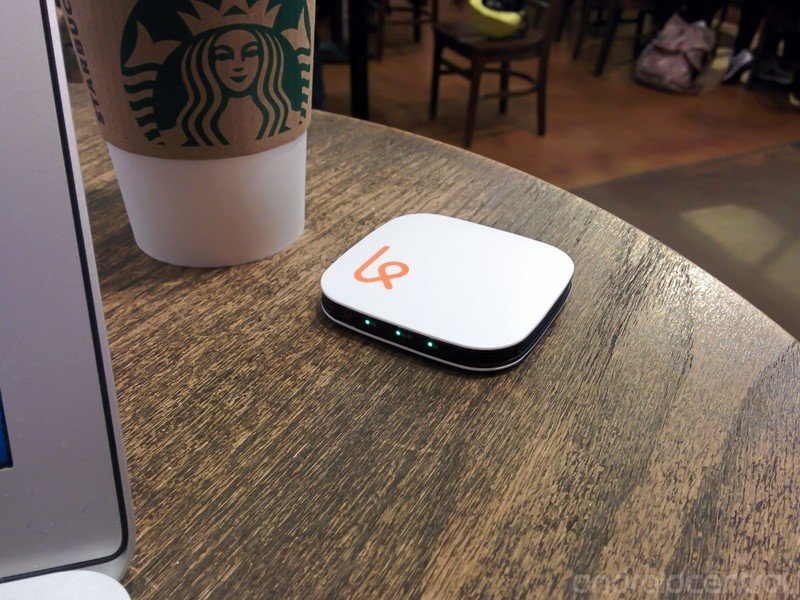
If you use less than 2GB per month, live in the right place and play your cards right, Karma could be a good choice.
That's a lot of numbers and calculations, but it doesn't take a mathematician to figure out that Karma only makes sense for lighter data users. If you're buying a hotspot to just get your tablet or laptop online a handful of times per month when the coffee shop's Wifi is slow or inoperable, Karma may actually be a good choice — provided you live in one of the 80 Karma-covered cities. If you use a small enough amount of data, you may be able to skirt by on mostly 100MB handouts with a $59 5GB top-up from time to time.
But if you're a heavier user that's looking for a hotspot to give you data redundancy against the carrier your phone is using, need to push 2GB or more per month through that hotspot or ever travel outside of the biggest cities in the U.S., there are plenty of other choices that are contract-free, cheaper per gigabyte and offer better speeds and coverage. If Karma were to drop its prices roughly 30 percent this would be a different story, but for now your money is often better spent elsewhere.

Andrew was an Executive Editor, U.S. at Android Central between 2012 and 2020.
